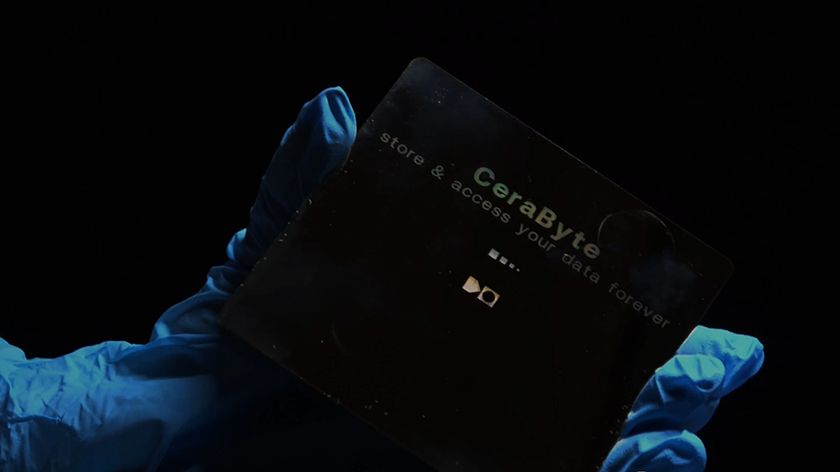Ticking the 'Allow legacy incoming connections' checkbox improves compatibility with older BitTorrent clients, but it can let unencrypted traffic pass through, which may leave you detectable to traffic shapers.
Disguise seeders
The BitTorrent protocol has a distinctive handshake, and ISPs have learned to detect this. Often they attempt to squeeze seeders, because these are particularly detectable.
However, it's possible to enable a feature called Lazy Bitfield in uTorrent that disguises seeders as leeching peers. To do so, choose 'Options | Preferences | Advanced' and scroll to the setting 'peer.lazy_bitield'. Select it and choose 'True', then 'OK' to confirm.
Another way to disguise BitTorrent use is to limit the amount of one-way transfers. Once you've downloaded a file via BitTorrent, you're encouraged to leave it to seed until the ratio of download to upload reaches 1:1. This is to keep the torrent active. However, ISPs are keen to control seeders because they generate one-way outbound traffic that can be difficult for ISPs to handle.
Limit download speed
The solution is to limit your download speed to the same rate as your upload speed. This means that the download takes longer to complete, but you're closer to achieving a 1:1 ratio as soon as the download is complete, meaning that you don't end up with lots of one-way traffic. It may seem counter-intuitive to reduce the download speed to a quarter of what it could be, but if this means that you avoid a throttling penalty then it may be worthwhile.
Get daily insight, inspiration and deals in your inbox
Sign up for breaking news, reviews, opinion, top tech deals, and more.
The final method of avoiding traffic shaping involves using tunnelling to hide your BitTorrent traffic completely. This involves using a VPN or alternatively a cooperative encrypted network like Tor, which can now support P2P traffic. Vuse provides support for Tor and I2P within the client itself. To use other clients, you would need to follow the instructions provided by the Tor or I2P communities.
We don't recommend using these anonymising networks, however. They were developed to support freedom of speech. They're not well suited to peer-to-peer traffic and can be very slow. Using them for file exchange arguably goes against the spirit of the cooperatives anyway. The time and effort you would spend getting a client working with one is unlikely to be repaid with decent download speeds.
-------------------------------------------------------------------------------------------------------
First published in PC Plus, Issue 277
Now read 8 hacks to make Firefox ridiculously fast
Sign up for the free weekly TechRadar newsletter
Get tech news delivered straight to your inbox. Register for the free TechRadar newsletter and stay on top of the week's biggest stories and product releases. Sign up at http://www.techradar.com/register













